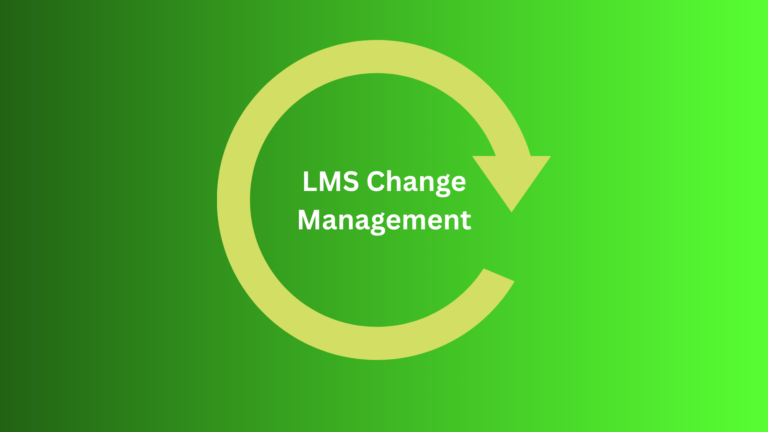What is social learning?
Social learning has many definitions, but most precisely, it is defined as “a behavioral theory that suggests that new behaviors can be learned by imitating and observing others.” It is believed that this method promotes social interactions and also evokes the curiosity factor.
Employees learning together will help to develop novel ideas and work on projects together for a better result.
Classroom learning mostly depends on social learning, and its modern and developed version is the learning management system. The software helps the users interact and learn together in a social environment. Not every LMS provides you with the features of social learning, so you have to analyze which one among the many will work for you the best.

The theory behind it!
Social learning does not entirely just include learning behaviors it also involves the actions caused by these behaviors. It may include punishments and rewards; for instance, if you are being rewarded for certain actions, you are most likely to continue them, and if you are getting punished for some behavior, you are likely to drop it. These behaviors can also change while watching someone’s actions and outcomes.
The main principles put forward by Albert Bandura
- People do not learn new behaviors simply by acquiring them, practicing, and failing at them. Rather, they learn by imitating the actions that followed.
- People choose to adopt or dismiss behaviors based on how someone is awarded or punished for certain actions.
- Learning is helped with vicarious reinforcement- observing behavior and learning from actions.
- Learning involves observation, concluding the observations, and making decisions accordingly.
Are social learning platforms different than LMS?
When we combine social learning with the latest learning technology, the results can be astonishing. LMS is one such platform that helps users provide a better and more engaging learning experience. It is a platform used to build, upload, edit, and monitor content easily. But what distinguishes a social LMS from other LMS platforms?

Like other LMS platforms, the features are the same for these social platforms as well, but the difference in the platform is that learner interaction is a priority. But along with all those features, you must also keep in mind these for your LMS to qualify as a social learning platform:
- Peer review: the peers can read each other work and analyze it and give their feedback on the same.
- Discussion forums: the discussion forums help the employees to interact with each other, ask each other questions and share insights on the same topic.
- Group work: while working in groups, people will be able to work on a single project by sharing insights.
- Social media-like features: social media have the features of liking or commenting, similarly you will have the same features in the learning LMS.
- Cohort courses: these courses have a definite starting and ending point. The employees will be able to learn at their own pace with the help of these cohort courses.
Acadle works as an agile learning management system for organizations to deliver courses in a social learning environment.
With such features as community, live chat, and third-party tools integration, Acadle is also one of the most promoted social learning platforms.
Learn how these industries are using LMS for success with:



